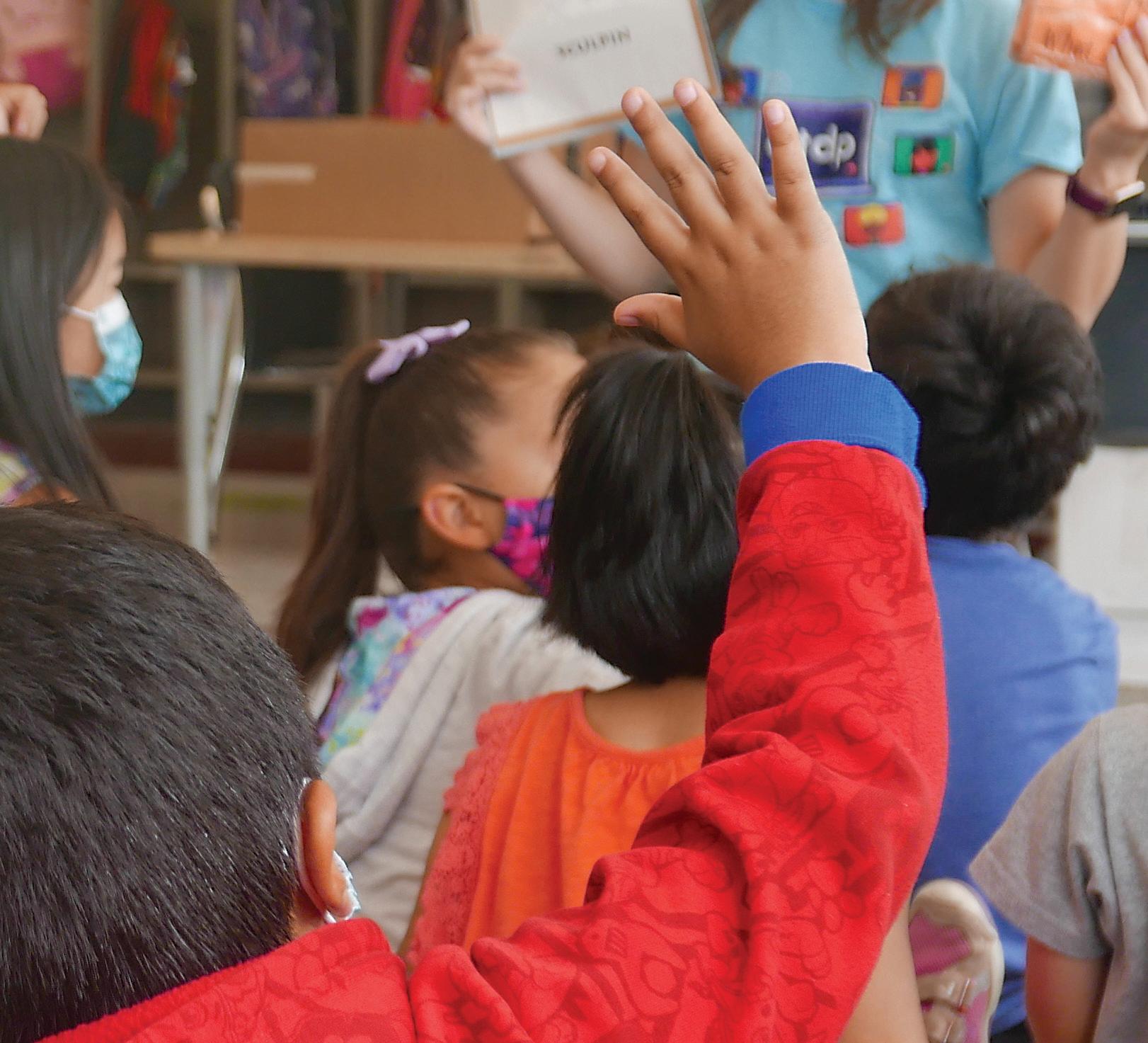2022 IMPACT AND VISION



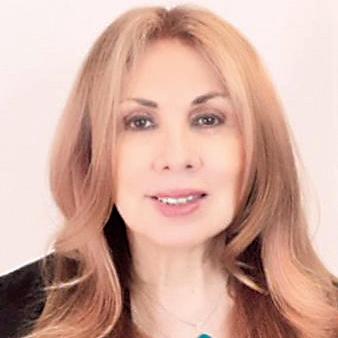

After more than 128 years as the Graduate School of Education, this year we became the Berkeley School of Education. Our new name better places us where we belong: at the heart of this world-class public university, a school that enables first-generation college students to engage with Nobel laureates to take on the challenges of our times and navigate our future. Our BSE name also reflects the expan sion of our program to embrace undergraduates. Our education minor is among the most popular on campus and may one day be joined by an under graduate education major.
Our new name provides renewed energy for our faculty, students, and staff in our collective and unyielding pursuit of greater equity in education. Watch our two-minute video celebrating the Berkeley School of Education.
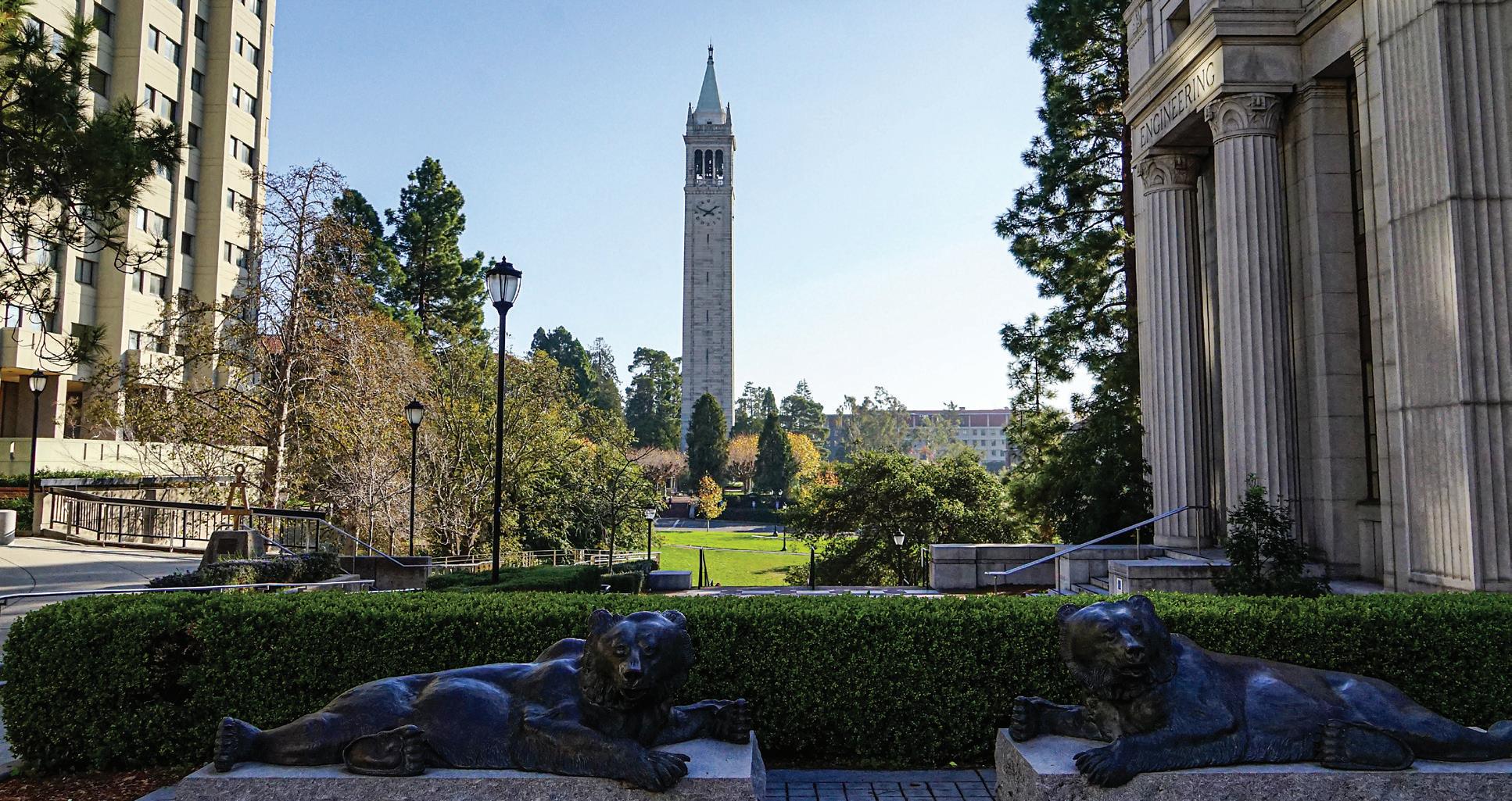
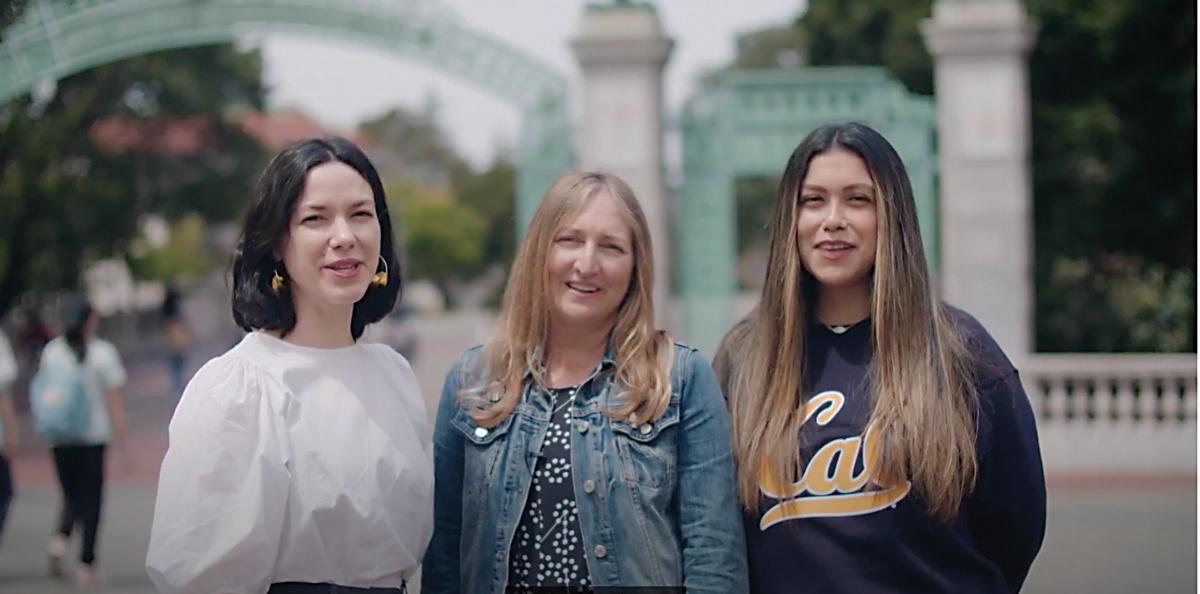
“What an opportunity it has been, not just to retool at the edges, but to do a hard reset and to reimagine what a School of Education could be, not just in California but in the nation.”
PROFESSOR KRIS GUTIÉRREZ, Associate Dean and Carol Liu Chair in Educational Policy; recipient of the 2022 Berkeley Faculty ServiceAward
in recognition of her dedication to diversity, inclusion, and belonging and contributions to education and campus policy.

We have a new name—Berkeley School of Education—and more importantly, a new set of initiatives to meet the moment.
Vast disparities in our education system have been exacerbated through the waves of this pandemic, challenging students, teachers, and leaders from preschool through college to show great resilience. We know that the status quo was not good enough before the pandemic, and it’s certainly not good enough now.
As a School of Education at the world’s leading public university, we’ve been called to think more boldly about how best to serve all students, prioritize the most marginalized, and consider the needs of the whole child. That’s why our research, teaching, and policy initiatives at the Berkeley School of Education are focused on what we can do now to make an impact: cultivate a diverse educator workforce, emphasize early childhood education, advance online teaching and learning, and support the next generation of equityfocused leaders and teachers.
Read on to learn where the BSE has been this year and where we’re going. We hope you’ll join us because quite frankly, our democracy depends on it.
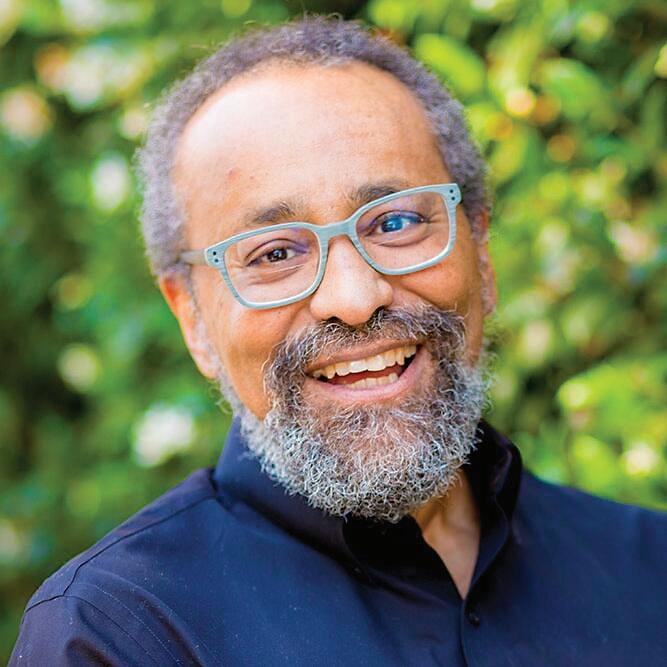
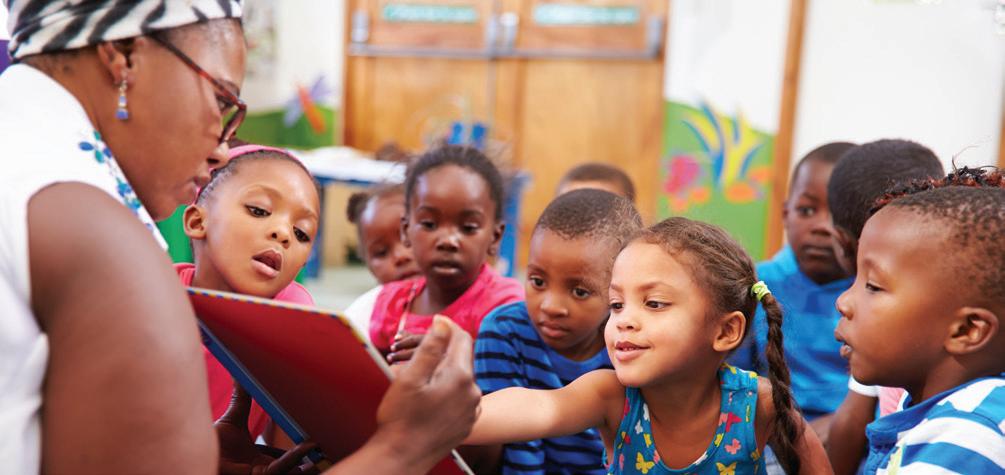
California’s multibillion-dollar investment in early childhood education includes Universal Transitional Kindergarten for all of the state’s 4-year-olds and community schools that address the needs of the whole child. Through a new Berkeley-wide initiative on early childhood education, we will ensure that the design and implementation of these policies are equitable, evidence-based, and high-quality. Our internationally renowned BSE faculty and researchers are partnering with colleagues from the top-ranked Goldman School of Public Policy, Berkeley School of Public Health, and Berkeley School of Social Welfare to support communities, inform policymakers, cultivate leaders, and share California’s experience nationwide.
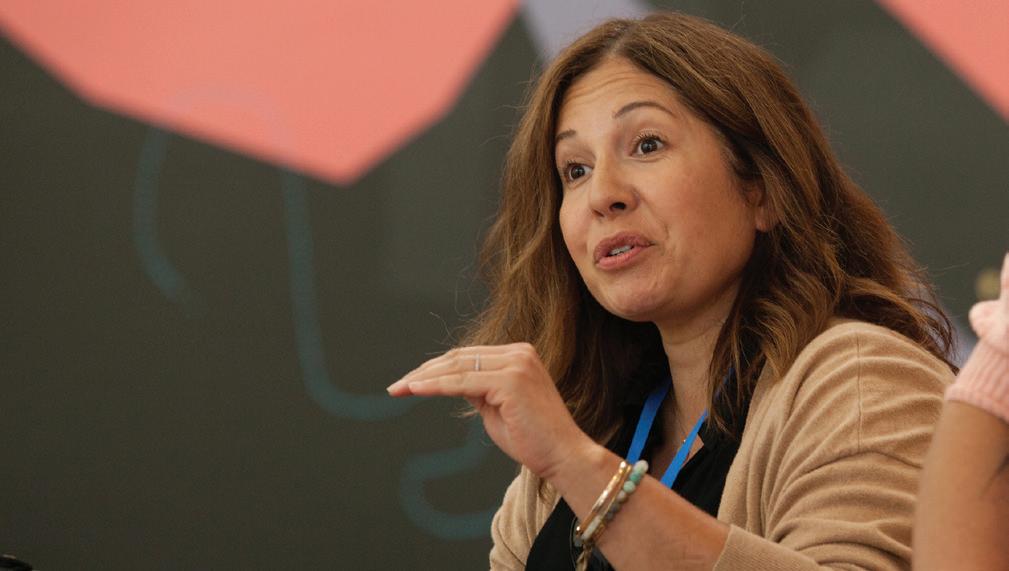
Our forthcoming online professional and master’s program—O@BSE—will address some of education’s most critical societal and workforce needs by making high-quality, high-touch online programs more accessible. The pandemic spurred massive shifts in our educator workforce at a time when new programs— such as California’s Universal Transitional Kindergarten—call for more trained teachers and leaders. O@BSE will address persistent educational roadblocks, such as the lack of diversity in the teacher workforce, as well as better meet the needs of English Language Learners. With thanks to the William and Flora Hewlett Foundation this year, we are bringing academic leaders and researchers together at Berkeley in 2022/2023 to develop online classes and strategize about the best pedagogical approaches to online education.
The BSE’s Leadership Programs—led by Assistant Dean for Leadership Development Programs Rebeccca Cheung—are making a significant mark in California and beyond. From the success and 20+-year track record of our Principal Leadership Institute to the launch of the 21st Century California School Leadership Academy (21CSLA), Berkeley now plays a significant role in developing the next generation of equity leaders for school sites, districts, and systems. The California Department of Education has invested more than $9 million in the Berkeley-based 21CSLA State Center, $6 million in the 21CSLA Regional Academy, and $7 million in a Transitional Kindergarten Leadership Initiative. This statewide effort provides no-cost professional learning for teachers, principals, and administrators; research that is useful to and informed by practitioners; training for California’s early childhood leaders; and policy initiatives to move the needle for students who are historically underserved.
“The uglier the history is the more we need to say it and remember because it’s respectful. I do feel a gratitude to people I have never met and I take them with me when
I go in to teach. And I take them with me when students are talking about how hard their lives are. . . .
I don’t have the right to turn away and look away.”
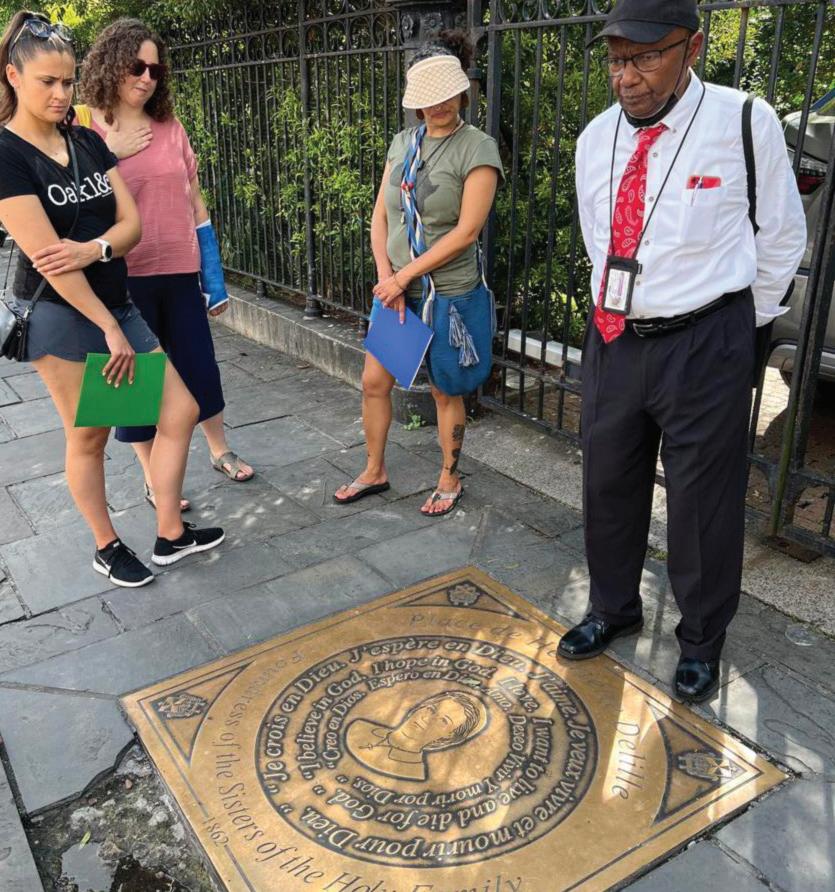
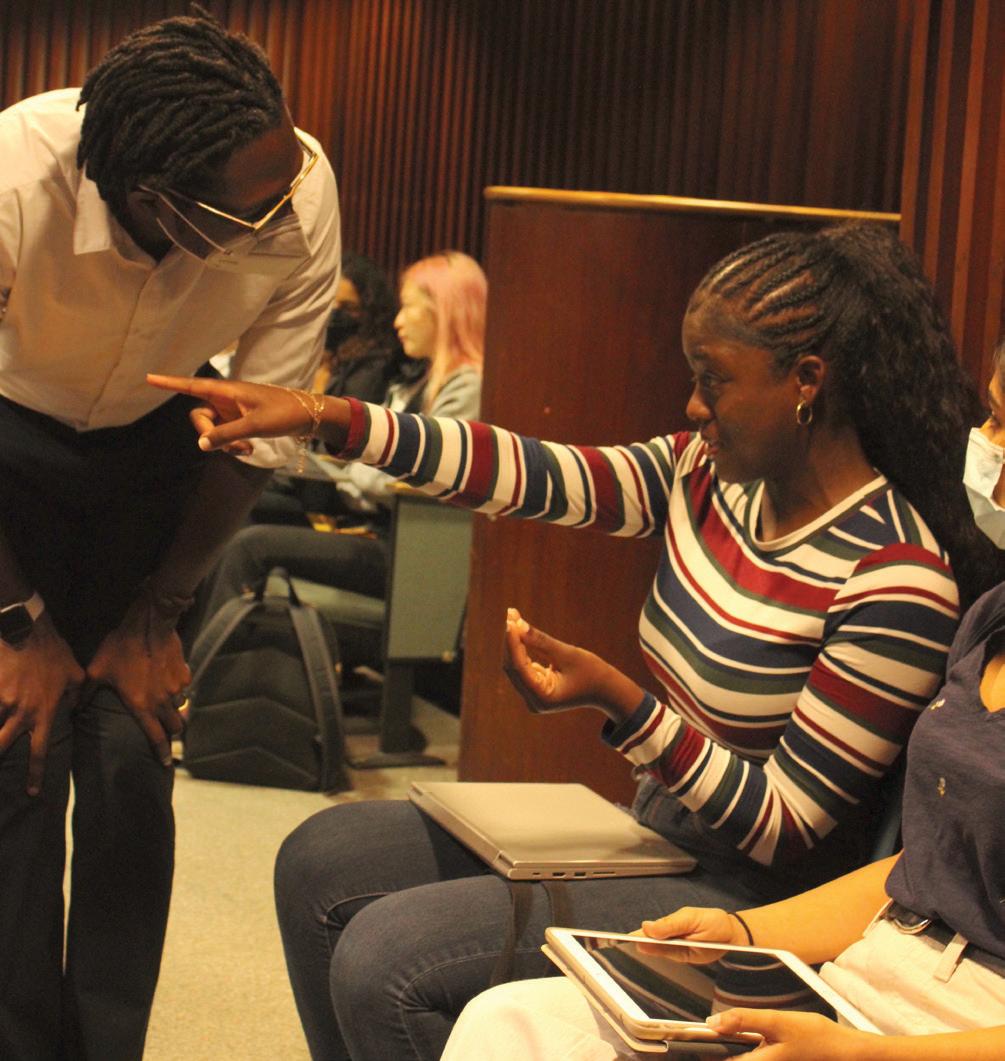
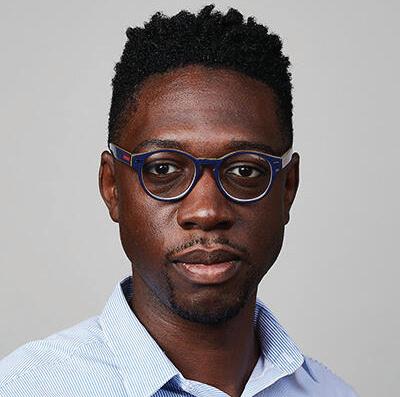
Associate Professor Travis J. Bristol’s early grades of schooling in Brooklyn, New York, were marked by Black teachers who introduced him to Black writers, politics, music, and history. “For me, the world was Black,” he said. “It was an empowering atmosphere.”
At his public high school, this world shifted to one of white teachers and Eurocentric curriculum with little to no interrogation of systemic racism or cele bration of communities of color. In contrast, he said, “I’m being told by a teacher that, as a Black male, I’m going to be dead or in jail by 18.”
In this “traumatic place to learn,” Bristol said students of color couldn’t see themselves in their teachers or what they taught.
Bristol’s teaching, mentoring, researching, and service as a state and national policy leader chal lenges this reality.
“It wasn’t until I was in office hours with Professor Bristol, when I realized that I had never had a teacher ask me about what I needed, and I’M A SENIOR,” reflected one of Bristol’s students who described himself as Black, first generation, low-income, and unhoused for some of the semester. “Their collective attention to detail, to me (and I’m sure others), made me WANT to come to class and
want to engage with the material because I was respected, seen, and humanized.”
Last year, Bristol was elected as the sixth chairperson of the National Board for Professional Teaching Standards. Three governors, a state superintendent, and a union leader served in the role before him. He is also the chair of the California Department of Education’s Educator Diversity Advisory Group.
“As I am doing research, I am thinking about what I have found to inform what policymakers are doing to recruit, support, and sustain teachers of color and what principals are doing to ensure that educators of color want to stay in their buildings,” he said.
His recent research reveals the benefits to social and emotional development, as well as learning—for students of color taught by teachers of color. He is also the co-editor of the Handbook of Research on Teachers of Color and Indigenous Teachers , which is published by the American Edu cational Research Association.
“Because we are a public institution, a land grant institution, we have a responsibility to be responsive to the public and to the public’s needs,” said Bristol. “What are the public’s needs? To ensure that each child in our state, particularly children who are in the most historically resilient communities, have high-quality teachers and leaders. That should be our moral responsibility.”
PROFESSOR ZEUS LEONARDO was elected to the National Academy of Education in 2022. He also received the AERA Scholars of Color Distinguished Career Contribution Award.
PROFESSOR RUCKER JOHNSON, the Chancellor’s Professor of Public Policy in the Goldman School of Public Policy at UC Berkeley, became a Berkeley School of Education affiliated faculty member.
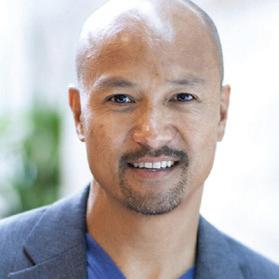
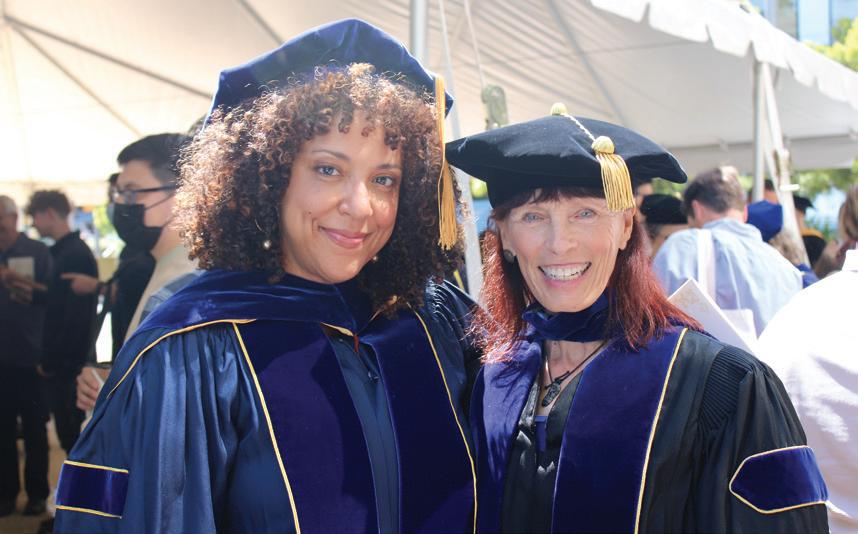
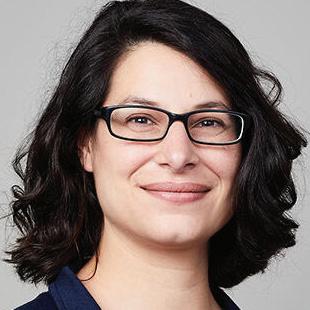
ASSOCIATE PROFESSOR CATI V. DE LOS RÍOS connected literacy, history, culture, and music in her 2022 article “Critical worldmaking through balladry: Youth corrido literacies as a lived civic poetic” in the Journal of Adolescent & Adult Literacy.
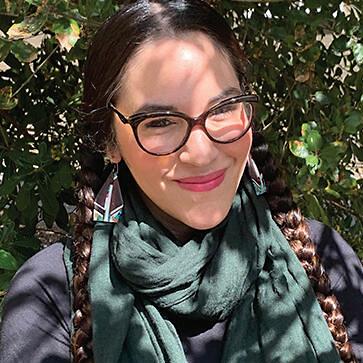
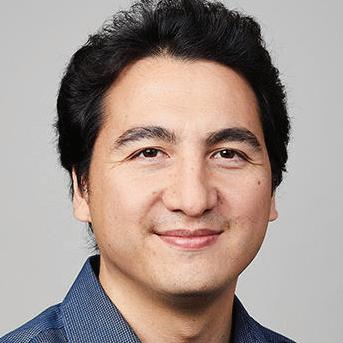
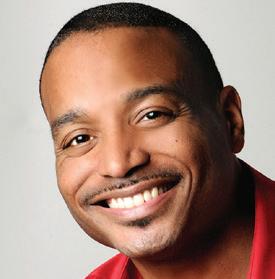
PROFESSOR JANELLE SCOTT, the Robert J. and Mary Catherine Birge neau Distinguished Chair in Educational Disparities, serves on a national task force that produced “A Civil Rights Framework for the Reauthorization of the ESEA” on centering equity and justice when reauthorizing the Elementary and Secondary Education Act. She was also elected to the Board of Trustees of the Carnegie Foundation for the Advance ment of Teaching.
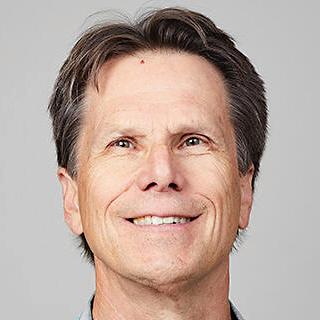
ASSOCIATE PROFESSOR CHUNYAN YANG, an associate professor of school psychology, researches the resilience and wellbeing of teachers and leaders in the wake of the pandemic. She published “Victimization and subjective wellbeing: Does school climate matter?” in the journal Aggressive Behavior.
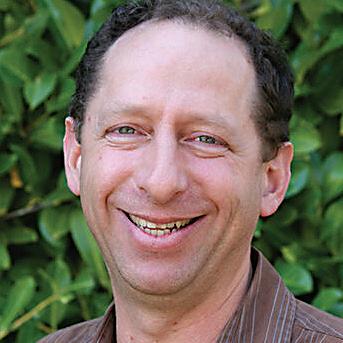
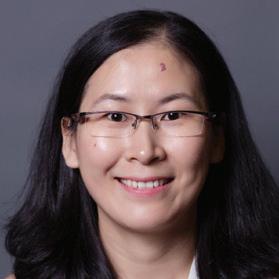
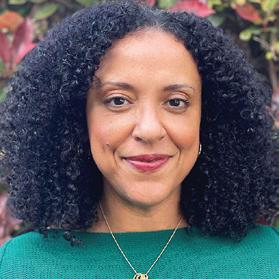
PROFESSOR BRUCE FULLER, a sociologist and leading voice in education policy, will co-lead with colleagues at UC Berkeley and UC San Diego the first federally funded statewide study to assess the impact of the pandemic on K-12 students in California, thanks to a $3 million federal grant.
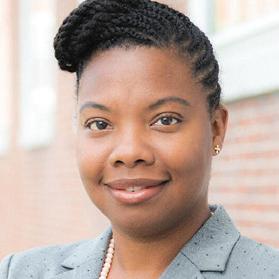
ASSOCIATE PROFESSOR ZACHARY A. PARDOS helped to lead the California 100 Grant to Evaluate Education for California’s Future.
ASSISTANT PROFESSOR TOLANI BRITTON explores access and retention in higher education, publishing “College or bust or both. The effects of the Great Recession on college enrollment for Black and Latinx young adults” in the Journal of Research on Educational Effectiveness:
PROFESSOR DOR ABRAHAMSON pioneered a mechatronic device for blind students to learn geometry. This collaborative interdisciplinary project led to two “Best Paper” awards from international conferences in the United States and Europe.
ASSOCIATE PROFESSOR MICHELLE WILKERSON co-chaired the National Academies of Sciences, Engineering, and Medicine’s workshop on K-12 data science.
Her future students will be ‘seen’
BSE doctoral candidate Arlyn Moreno Luna came to the United States from Mexico as a teenager, experiencing first-hand how historically marginal ized students are too often tracked into technical careers and not into college. “Teachers or career advisors in high school never asked me about going to college,” said Moreno Luna. “Automatically I was labeled as a non-college student.” Nevertheless, she flourished through community college and the Honors College at Oregon State University before pursuing the Critical Studies of Race, Class, and Gender program at the Berkeley School of Education.
Her research now focuses on strengthening the pathway from community colleges to four-year institutions. She’s developing and testing an assess ment tool that measures how students adjust to campus in four different areas—academic belong ing, community, student agency, and faculty/major advisor support.
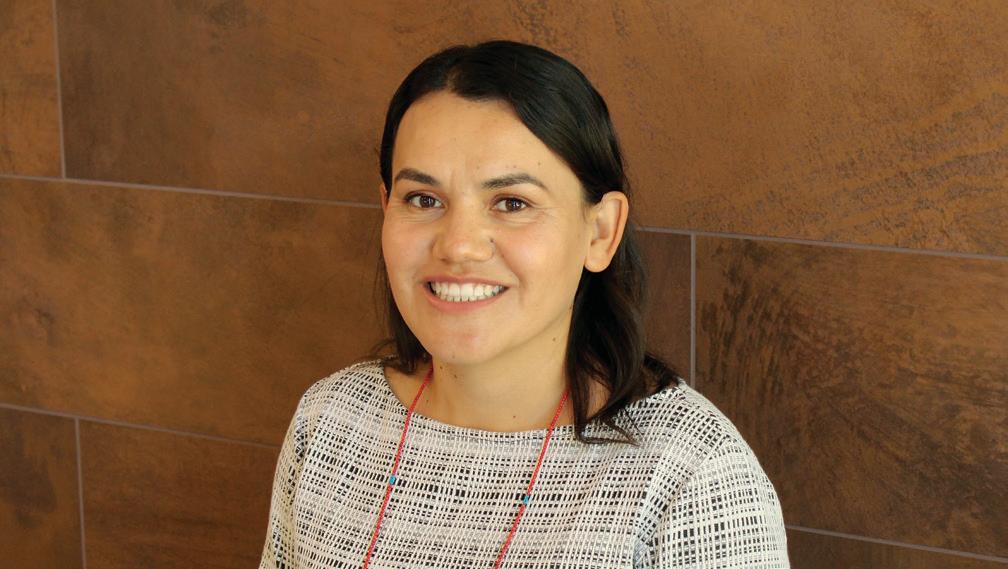
“My hope is for my research to contrib ute new knowledge in the field that can help first-generation, low-income, and migrant students,” said Moreno Luna. “My long-standing goal is to become a professor of education at an R-1 university—creating an inclusive and respectful classroom environment where students feel sup ported and seen, and where I can mentor the next generation of Latinx scholars.”
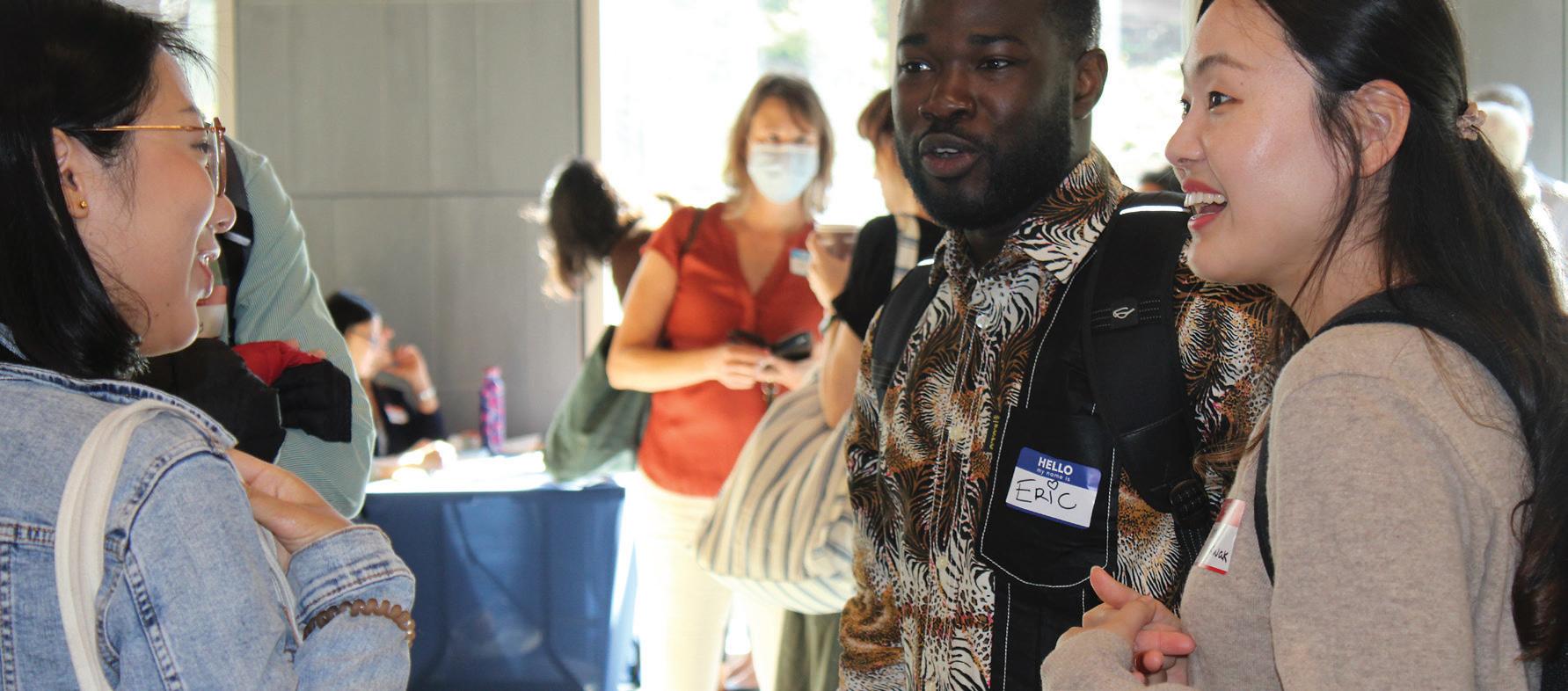
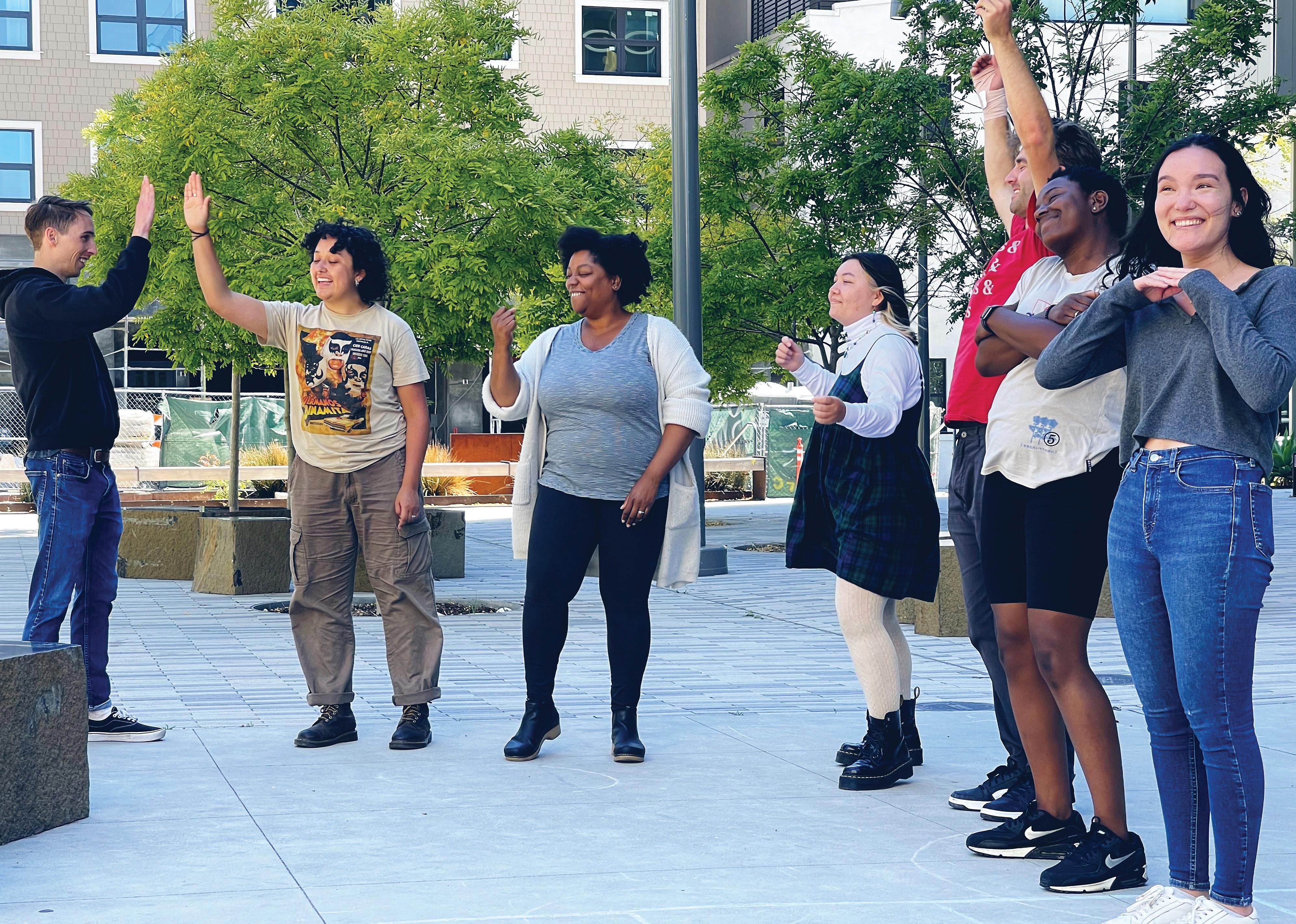
LAUREN ADAMS, UC BERKELEY
UNDERGRADUATE, EDUCATION MINOR
American Cultures Student Prize
MICHAEL BAKAL, P h. D. STUDENT
Fulbright Scholar
CALEB DAWSON, P h. D. STUDENT
2022 Outstanding Graduate Peer Mentor, UC Berkeley, Graduate Division
MARGARET ELENA ESCUDE, P h. D. STUDENT
National Science Foundation, Graduate Research Fellowship Program
ISAAC FELIX, P h. D. STUDENT
Ford Foundation Predoctoral Fellowship, National Academies of Sciences, Engineering, and Medicine
ERIN FOLEY, P h. D. STUDENT
Best Student Paper Award, AERA’s Joint Special Interest Groups in Learning Sciences and Advanced Technologies for Learning
NATE GONG, P h. D. STUDENT
Institute for the Studies of Societal Issues Fellowship
TALIA LEIBOVITZ, P h. D. STUDENT
National Academy of Education/Spencer dissertation fellowship
MARTHA ORTEGA MENDOZA, M.A. STUDENT
Institute for the Studies of Societal Issues Fellowship
YARED PORTILLO, P h. D. STUDENT
Ford Predoctoral Fellowship
SOFIA TANCREDI, P h. D. STUDENT
2022 Bell Burkhardt Daro Shell Centre Award for Aspiring Educational Designers in Science, Technology, Engineering or Mathematics, from the International Society for Design and Development in Education
MERS TRAN, M.A. STUDENT
Selected as the Educator Preparation Student Liaison for the California Commission on Teacher Credentialing
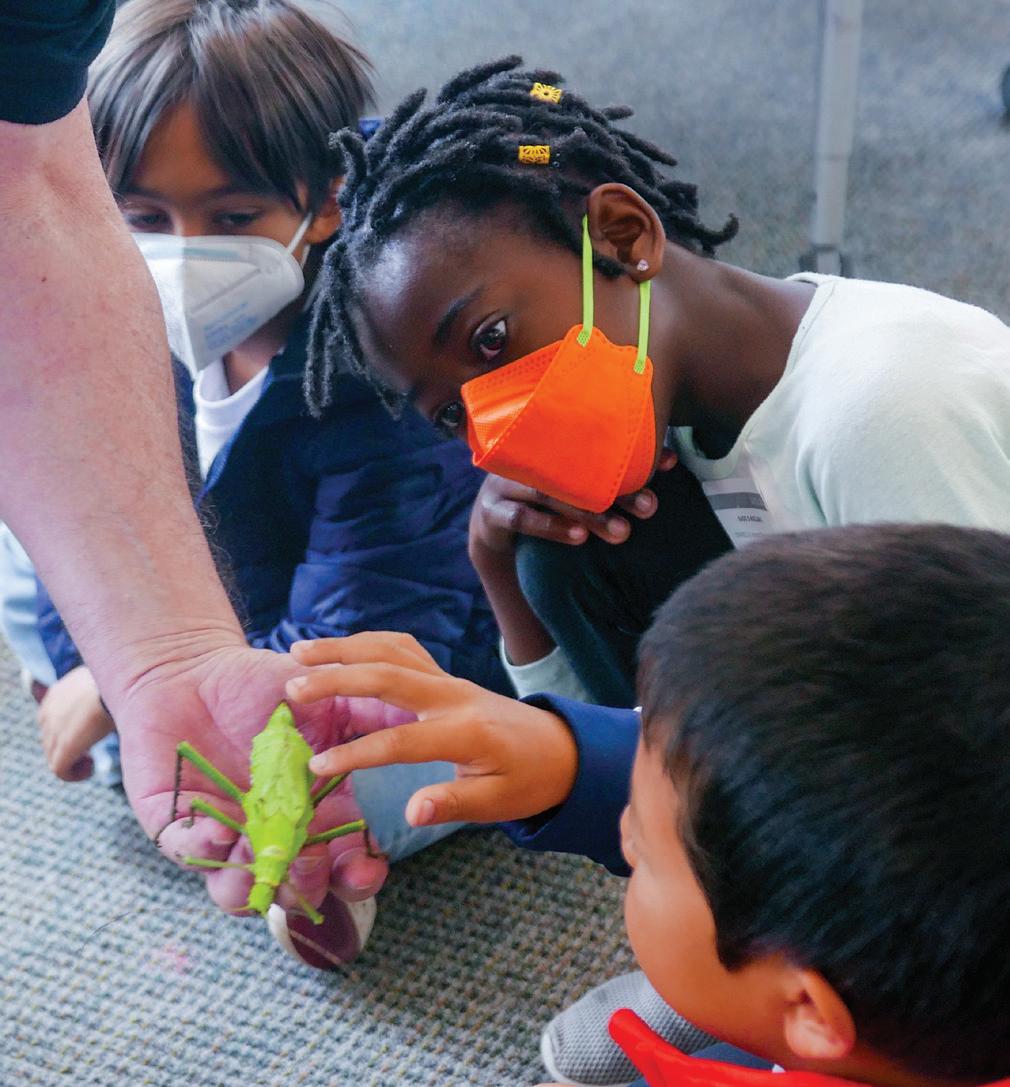
The Berkeley Teacher Education Program—Berkeley’s teacher preparation program, formerly known as Berkeley Educators for Equity or BE3—was reorga nized this year to better link theory and practice, connect field experiences to university courses, and deepen relationships with school and community partners.
BTEP’s standalone course on equity has been phased out in favor of an authentically integrated equity lens throughout the curriculum and in field experiences—whether students are focused on teaching elementary social studies, middle school math, or high school English.
BTEP is also doing more to connect universi ties and local schools in reciprocal ways. Histor ically, university teaching programs have relied
on “cooperating teachers,” to host and mentor student teachers—often with little reward for the teachers or schools. Berkeley’s program takes a new approach, establishing “site-based” models for student teaching that place multiple students at a single school and devote more resources to supporting the teachers at those sites.
The new direction for BTEP will position Berkeley to have stronger and more sustainable relationships with partner schools and drive school change by creating a virtuous cycle of cooperative teachers for future generations of candidates, according to Kyle Beckham, MA program lead and core lecturer. “My general approach is that schools are both sites of oppression and liberation,” said Beckham. “One of my big goals for my time with the candidates is for them to really understand the complexity and nuance of schooling.”
“The beauty of teaching is that educators are always making profound judgments in the moment that are rooted in knowing and caring for each student and the classroom community; these pedagogical judgments are simultaneously situated in a larger understanding of the historical, social, political, and economic contexts of schooling and a vision for a more just and equitable world.”
PROFESSOR THOMAS M. PHILIP, BTEP Faculty Director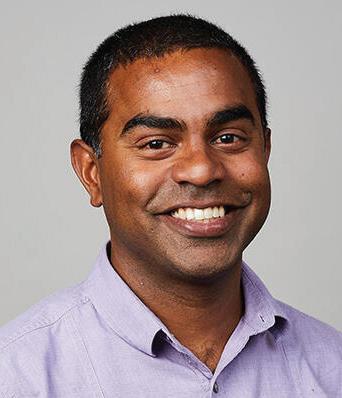
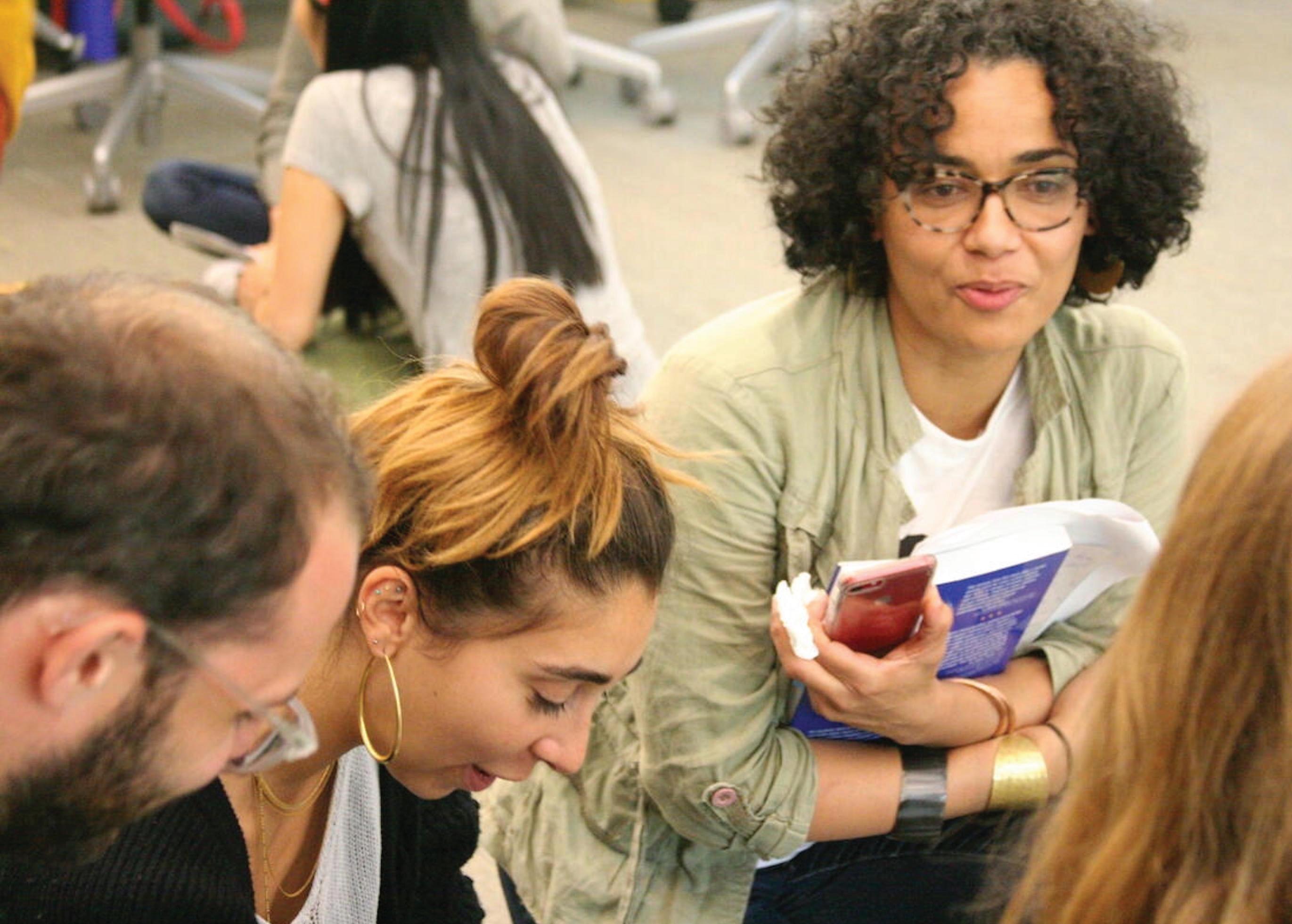
For more than 20 years, our Principal Leadership Institute (PLI) has set the standard for providing rigorous and effective preparation for school leaders. Now with 652 alumni, PLI graduates are leading dis tricts throughout the Bay Area and are widely lauded for their expertise and commitment to equity.

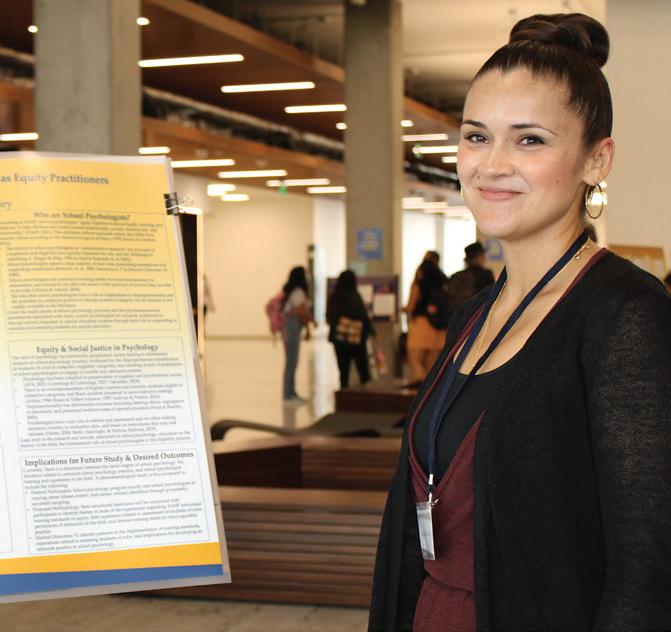
A sister program, the Leaders for Equity and Democracy (LEAD) Ed.D., is UC Berkeley’s education doctorate, which engages passionate, equity-conscious, practicing leaders with the theories, research design principles, operational capacities, and networks they need to effect largescale change in education.
This summer, LEAD students traveled to New Orleans to interrogate a history of injustice and to connect with current educational changemakers in the city. LEAD student Francis Rojas reflected, “Through the storytelling of our guides and activists, experience of art, music, food and culture, discussions with local changemakers, and reflective engagement with our cohort, we were able to better examine and critique the various systems and power structures at play, and deeply understand the lasting impact and generational trauma of colonialism, slavery, religion, government and capitalism on people of color, indigenous peoples, and people of LGBTQ+ communities.”
The successful track record of our Leadership Programs spurred the California Department of Education to invest more than $19 million over the past three years into the UC Berkeley-based 21st Century California School Leadership Academy (21CSLA). Now in its third year, 21CSLA brings hun dreds of educational leaders together from across the state to engage in strategic planning, research and webinars, communities of practice, coaching, training, and professional learning.
“California has given us a rare opportunity to engage with, cultivate, and support the next generation of equity leaders—leaders who have the potential to transform our preK–12 schools in the ways that all students deserve,” said BSE Assis tant Dean Rebecca Cheung, 21CSLA State Center Director. “These questions frame our work: What does equity and justice focused leadership look like in practice? How are equity and justice leaders effectively developed and sustained? How must educational systems be transformed to be more equitable and just?”
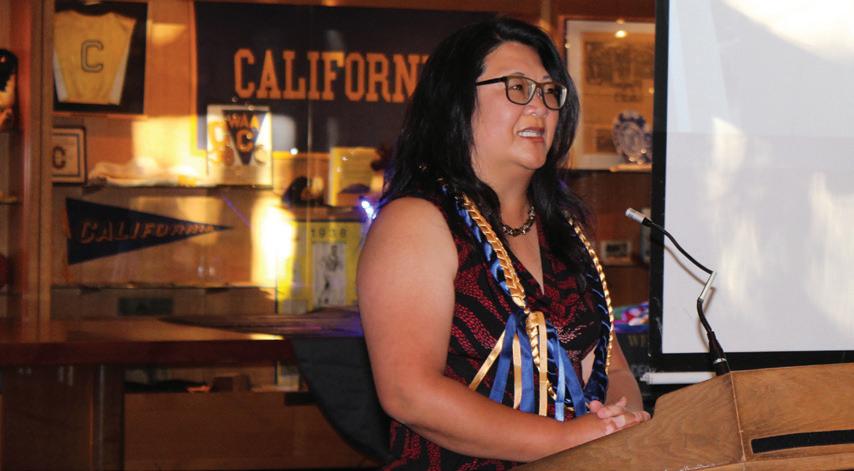
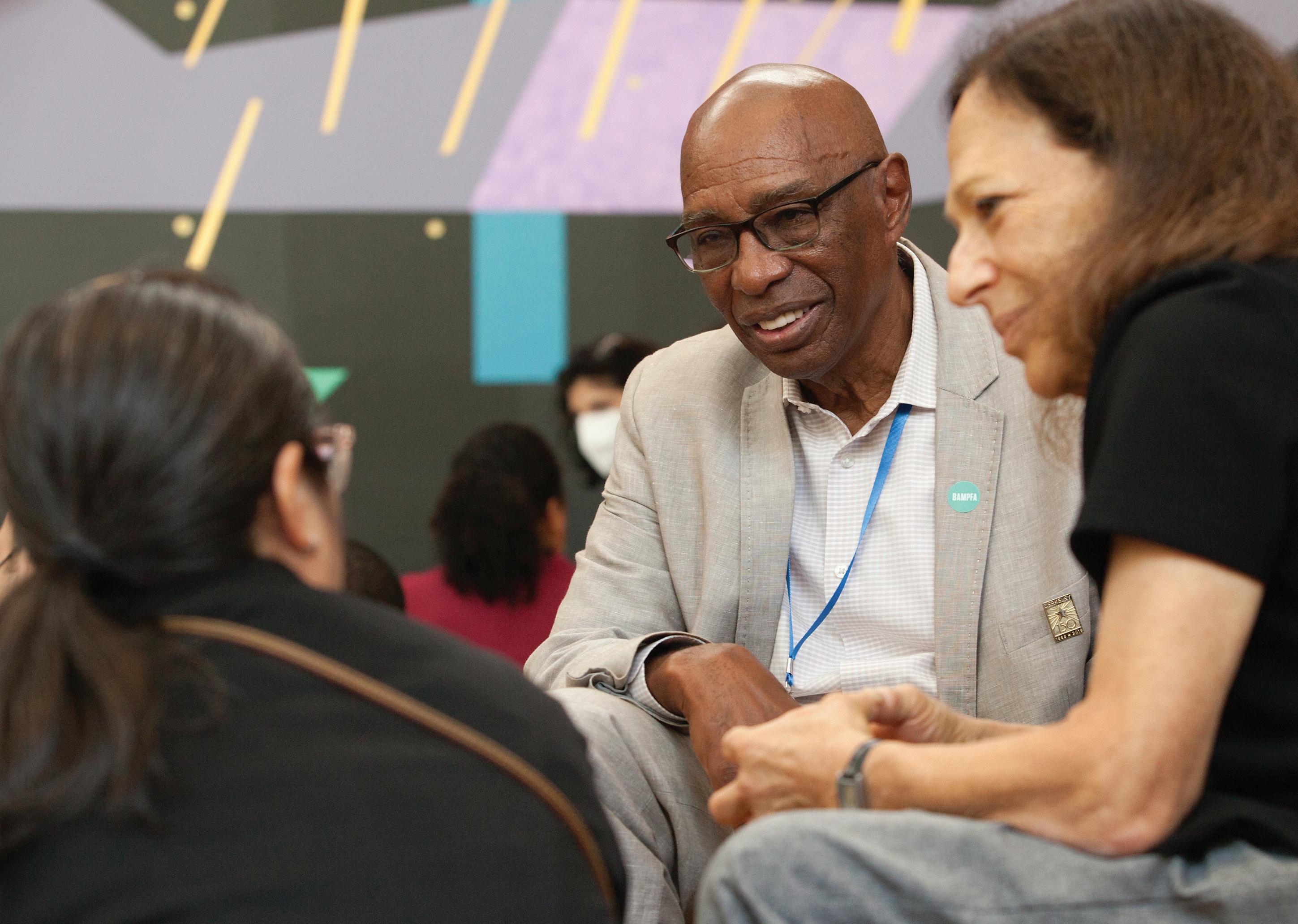
“How do we move from learning communities to beloved communities? What do leaders need to do to facilitate that process?”PROFESSOR JABARI MAHIRI, William and Mary Jane Brinton Family Chair in Urban Education; Faculty Director, Leadership Programs
Professor Frank C. Worrell directs BSE’s top-ranked School Psychology Program and this year he is serving as president of the American Psychological Association.
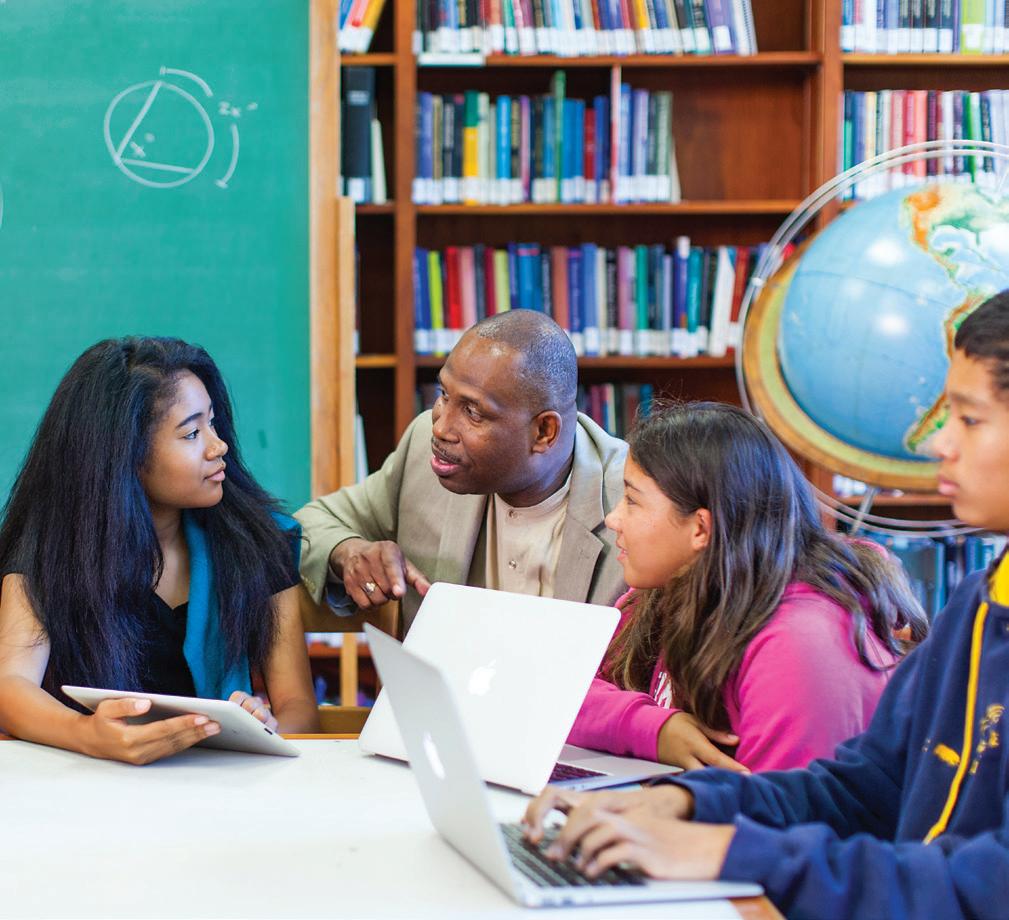
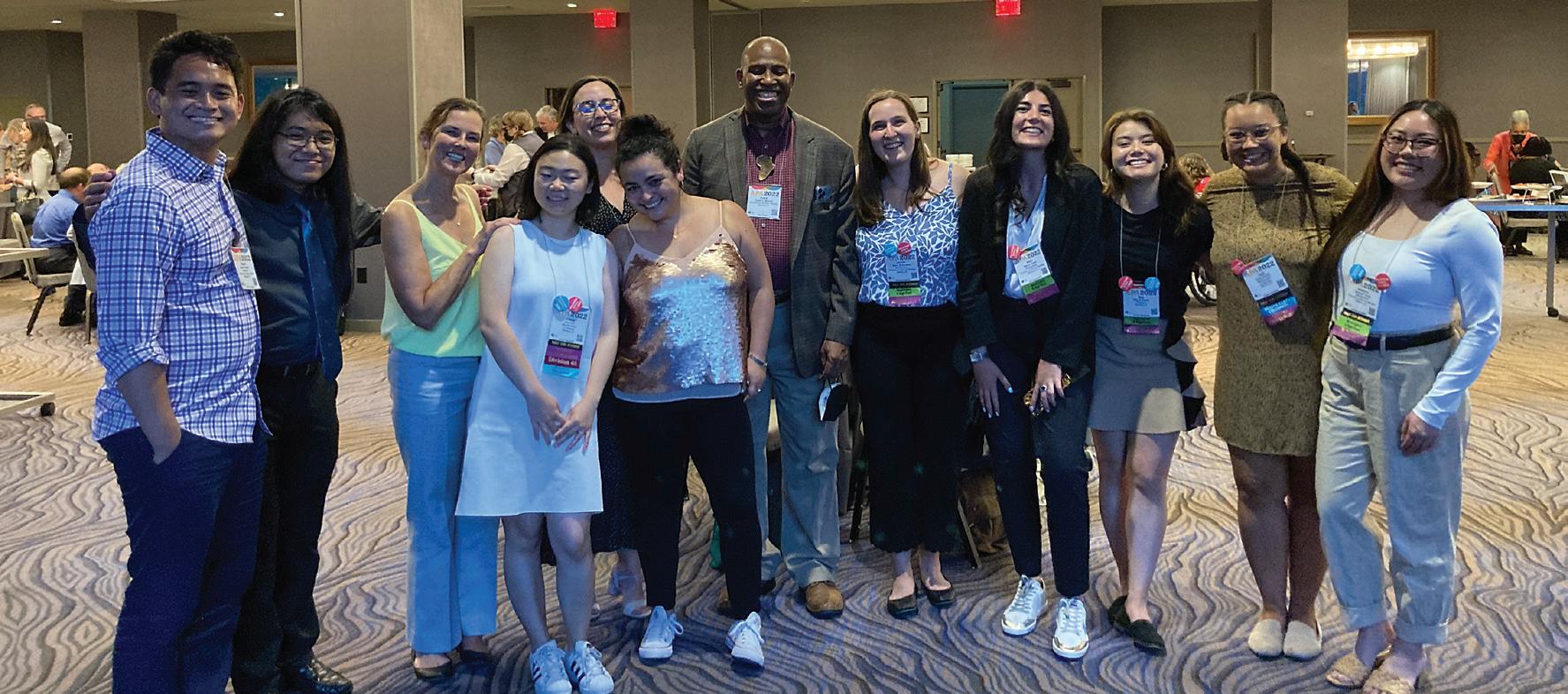
In his capacity as APA President, Worrell has traveled the world in 2022 for meetings, conferences, and consultations. He has provided an evidencebased and action-oriented voice in response to the events of our times, such as racial violence, the nation’s surging pandemic-affected mental health crisis, and mass shootings. After the massacre at Robb Elementary School in Uvalde, Texas, Worrell
said on behalf of the APA: “The impact of these acts of violence is not limited to the number of days these stories stay in the headlines. In addition to the tragic loss of life, psychological science suggests that such horrific events lead to significant post-traumatic distress among victims and bystanders and are triggers for those who have experienced similar violent events. In addition, these episodes add to the mounting evidence that gun violence is an American public health crisis.”
Worrell has authored more than 200 academic publications and most recently co-edited The Cambridge Handbook of Applied School Psychology.
MARTIN LUTHER KING JR., Where Do We Go from Here: Chaos or Community?
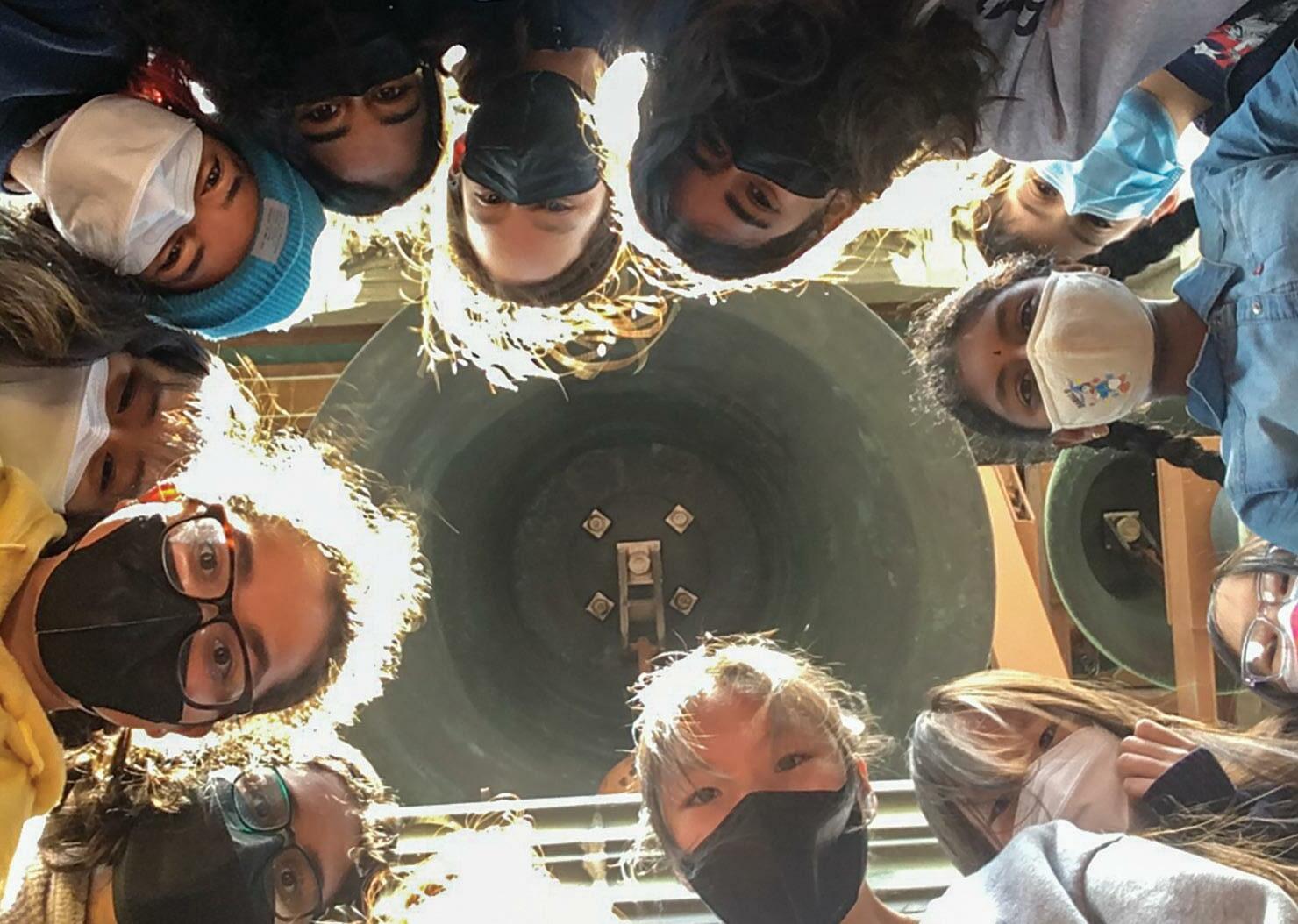
“Let us be those creative dissenters who will call our beloved nation to a higher destiny, to a new plateau of compassion, to a more noble expression of humanness.”
